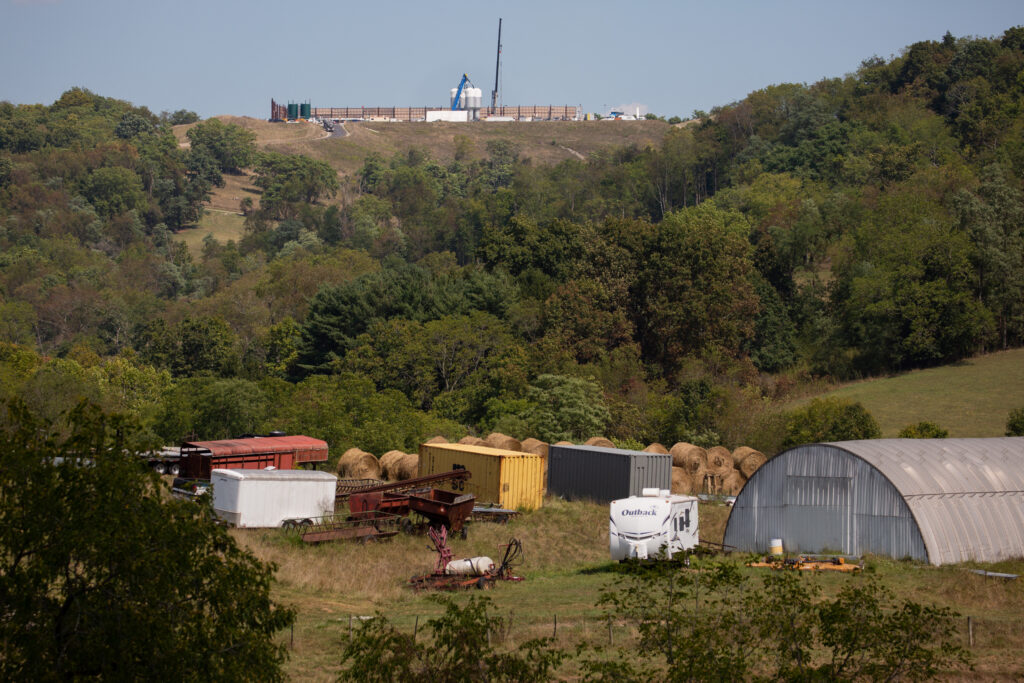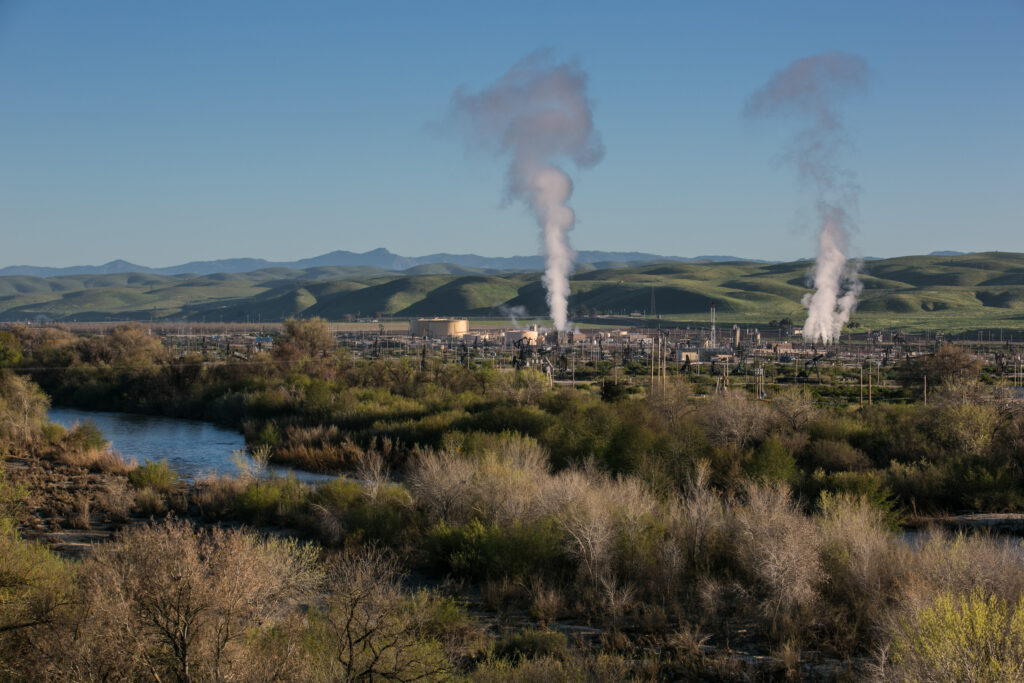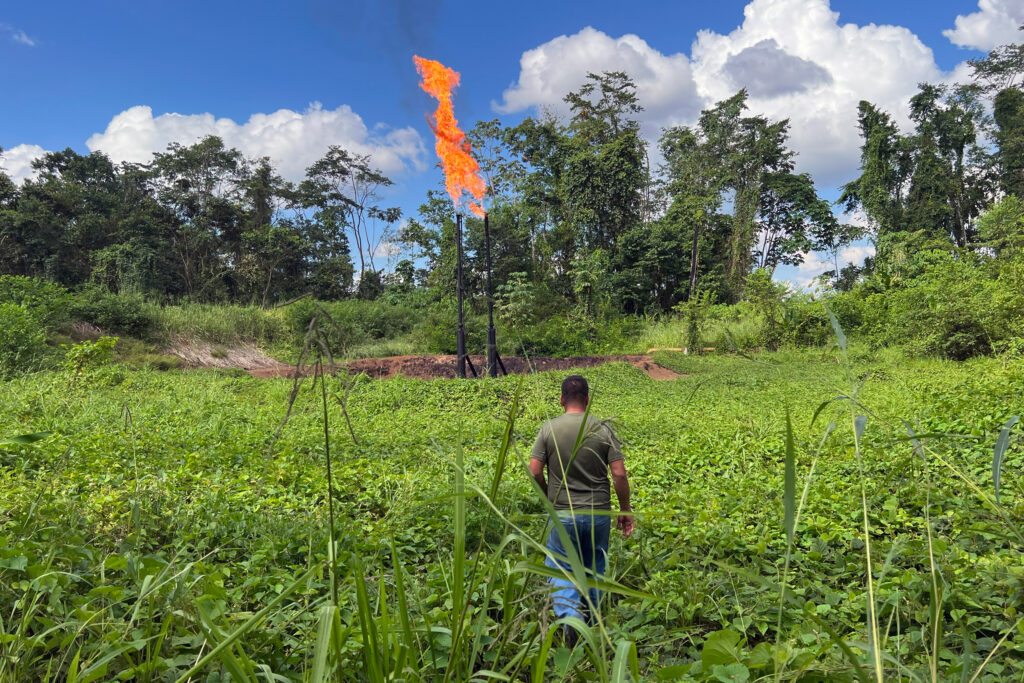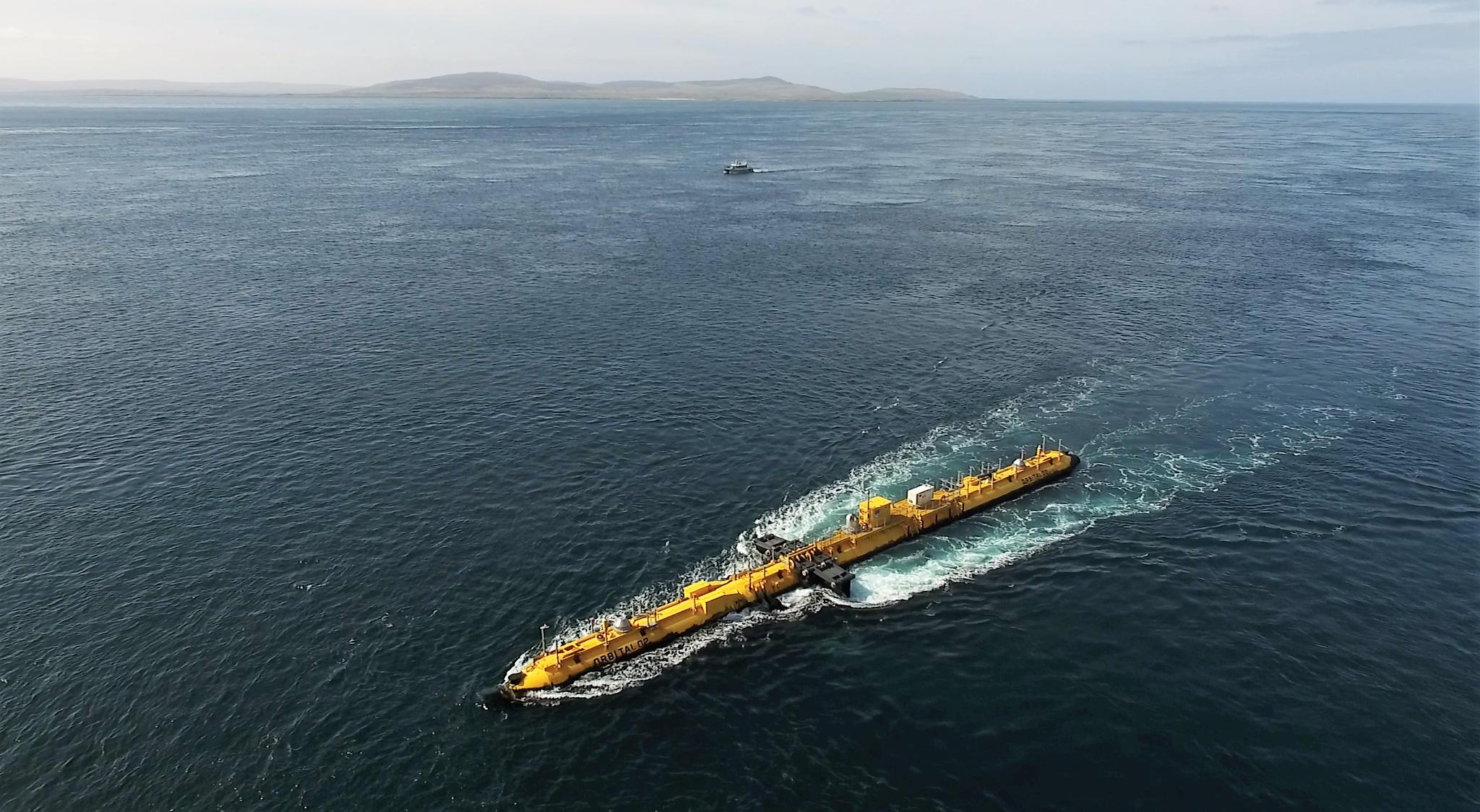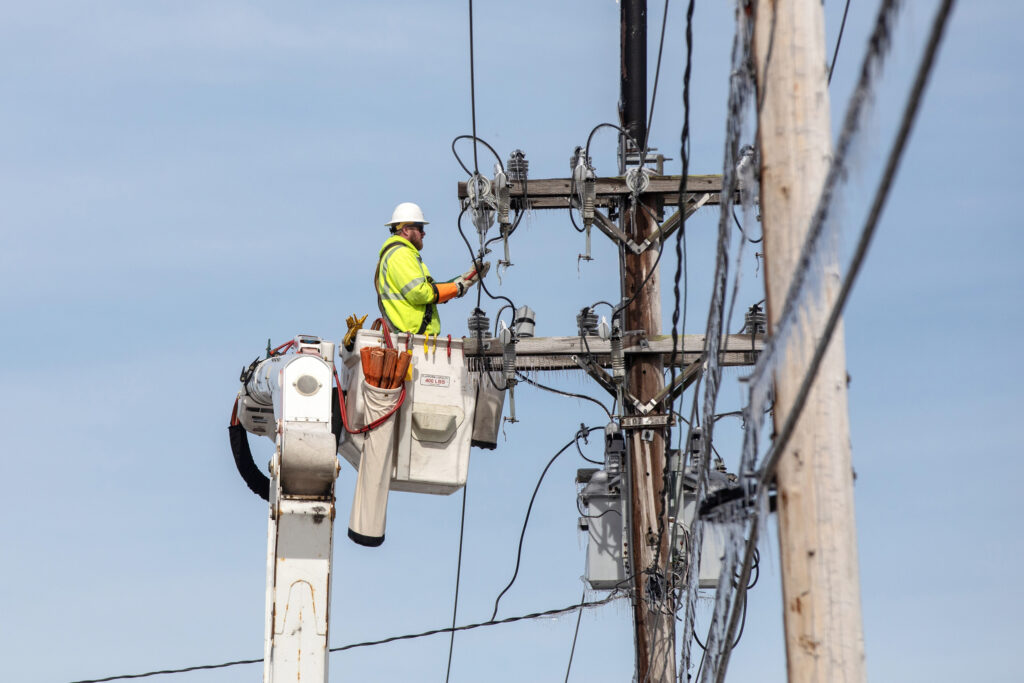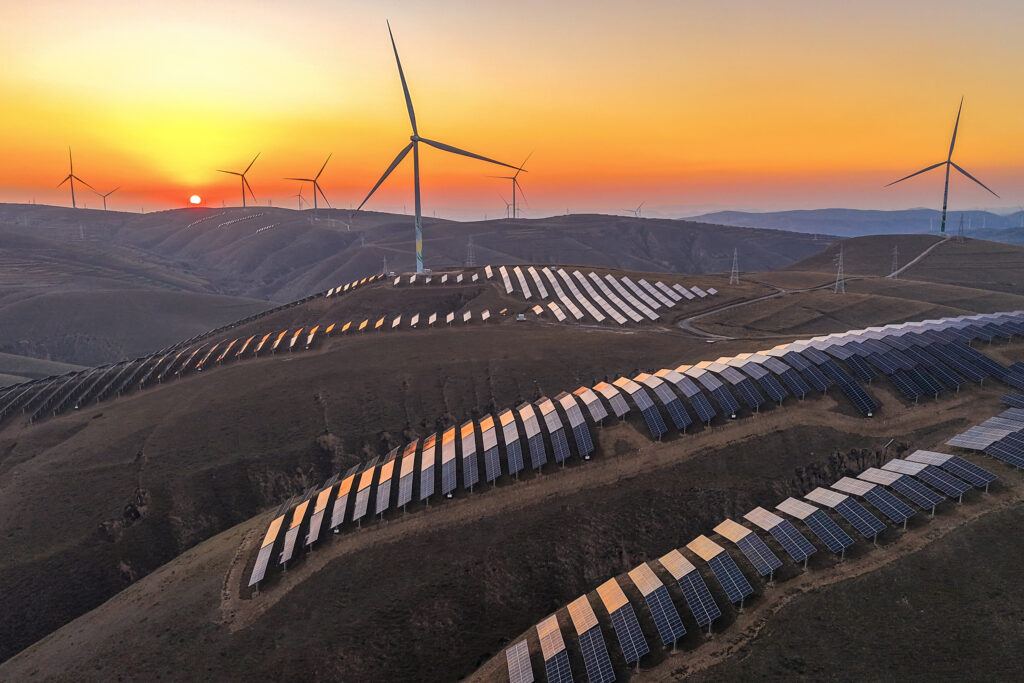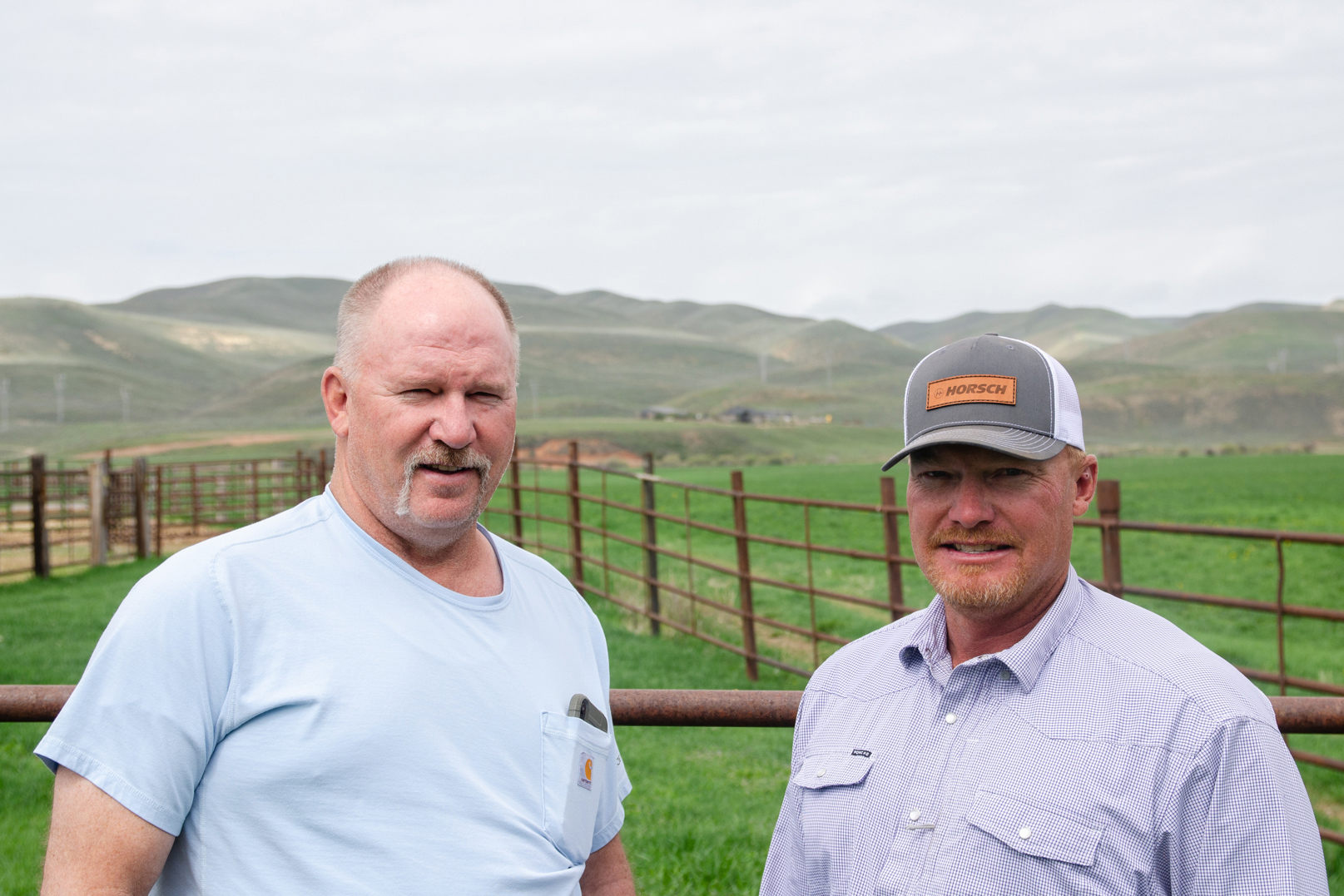The Trump administration on Friday approved plans for a second deepwater oil loading terminal off the Texas coast, opening another door for continued long-term growth in American crude production and exports.
It’s the administration’s latest rejection of previous international agreements to move away from fossil fuels as a means to mitigate the carbon emissions fueling dangerous global warming. Trump has dismissed climate change as a threat and promised growth for the nation’s oil and gas sector.
“Today, we are unleashing the full power of American energy,” U.S. Transportation Secretary Sean Duffy said in an announcement. “With this approval, we are increasing our energy revenue and unlocking our vast oil resources—not just for domestic security, but to dominate the global market.”
The GulfLink oil terminal will load up to 1 million barrels per day onto the world’s largest class of oil tankers for export overseas. It will eventually float alongside the much larger Sea Port Oil Terminal, which was approved in 2022 and remains unbuilt. In December, the Biden administration missed a deadline to rule on the GulfLink proposal, saying it was still evaluating whether the project was in the public interest.
We’re hiring!
Please take a look at the new openings in our newsroom.
See jobs
Last year, the United Nations’ annual climate conference concluded in Azerbaijan with a notable lack of resolution on the phase-out of fossil fuels called for during previous years. Global oil production and temperatures both continue to rise, making the last two years the hottest ever on record. President Donald Trump promises steep growth for American oil and gas, which already logged record production and profits under President Joe Biden.
The GulfLink terminal was first proposed years ago by Sentinel Midstream and remains years away from construction. It is one of four deepwater terminals currently proposed along the Gulf Coast, part of an infrastructure buildout designed to export more American oil flowing largely from West Texas.
“As the volumes of that fracked oil become more and more potentially impactful, we’re going to need to have a more effective way of getting it exported,” said Charles McConnell, a former assistant secretary of fossil energy at the U.S. Department of Energy and executive director of the Center for Carbon Management in Energy at the University of Houston. “I think more terminals offshore is probably the order of the day.”
He said the export of petroleum products now represents the largest single export revenue stream for the U.S., as the Trump administration seeks to use oil exports as an instrument of geopolitical power.
“I believe this administration will be much more inclined to use that advantage, not just apologize about it,” he said.
Growing Oil Exports
Less than 10 years have passed since the U.S. began to export oil. It followed the revolution in fracking, which unlocked a tremendous new wealth from underground shale formations in Texas and several other states. As more and more shale oil flowed from the ground, much of it was piped for export overseas.
That decade of steep growth in production has made the U.S. the world’s top oil producer and its third-largest exporter as of 2023, behind Saudi Arabia and Russia. But America’s export infrastructure remains relatively undeveloped, limiting further growth.

Although the Gulf Coast region in Texas and Louisiana processes the majority of American oil exports, it has just one deepwater terminal capable of docking with supermassive tankers, the Louisiana Offshore Oil Port, an old import terminal that’s been converted.
At the region’s onshore terminals, shallow coastal water prohibits the approach of giant tankers, so they anchor miles offshore while smaller ships ferry out oil in a relatively inefficient process. The development of deepwater terminals will draw more traffic to the region, said Anas Alhajji, Dallas-based managing partner at Energy Outlook Advisors LLC.
“It will bring more business, it will bring more pipelines,” he said. “If shale production continues to rise, almost all the increase will go to exports.”
Environmental Concerns
Environmental groups have opposed the project, saying it increases reliance on fossil fuels, which affect the global climate, and harms marine ecosystems.
“This decision will further sacrifice the health and safety of communities in Texas for the sole purpose of advancing Trump’s dirty agenda to prop up the fossil fuel industry,” said the environmental group Earthworks in a statement on Tuesday. “Not only does exporting more oil drive climate change, cause environmental destruction, and harm human health, the Trump administration’s claims of oil exports revitalizing the economy is a false promise.”
The developers of GulfLink describe the offshore terminal as more efficient and less polluting than existing onshore terminals because it avoids ferrying oil by ship out to tankers in deep water, and moves the loading process 30 miles out to sea where its emissions won’t affect coastal air quality. The company also said that a special boat, described as “the first of its kind in the United States,” will pull alongside supermassive tankers during oil loading to capture some of the associated emissions.
This story is funded by readers like you.
Our nonprofit newsroom provides award-winning climate coverage free of charge and advertising. We rely on donations from readers like you to keep going. Please donate now to support our work.
Donate Now
According to the company website: “By lowering the cost to export a barrel of American crude oil to a price that is more attractive to potential import customers, it will allow these customers to cut ties with rogue regimes that use their crude oil reserves to exert toxic political influence.”
The federal Maritime Administration’s approval of the project followed a letter from the Environmental Protection Agency in October, during the Biden administration, that said it did not object to licensing it.
In its review, the EPA calculated the project would create between 355,000 and 710,000 tons of greenhouse gas emissions annually, primarily through consumption of the oil it brings to market.
“EPA recommends continued emphasis on ensuring environmental justice and climate change considerations be included in the licensing project for the protection of overburdened communities,” said the EPA letter.
In addition to the deepwater port, the project includes two new pipelines and a 319-acre tank farm to store and disburse oil.
That facility is planned for rural Brazoria County, near the tiny town of Jones Creek, which passed a resolution in opposition to the project, citing concerns over light and sound pollution, watershed drainage, inadequate infrastructure and emergency response.
“Texas has how many hundreds of miles of coastline? And they have to put it right on top of communities,” said Corey Thomas, the 35-year-old mayor of Jones Creek, who still lives in the house where he was raised. “I’m for oil and all that, but just a different location is what would be needed.”
The tank farm will feed a pipeline running offshore through the town of Surfside Beach, a seaside community already flanked by heavy industry. It will run parallel to another pipeline planned to feed the Sea Port Oil Terminal next to GulfLink.
“The frustrating part is the folks who have the power to stop the project or to build the project don’t come to see what it’s like here,” said Sue Page, a 67-year-old retired school administrator who lives in Surfside. “Yes, we may be a small number as compared to the shareholders and the stockholders and everybody else, but we’re the one who have to experience the brunt of these kinds of projects.”
About This Story
Perhaps you noticed: This story, like all the news we publish, is free to read. That’s because Inside Climate News is a 501c3 nonprofit organization. We do not charge a subscription fee, lock our news behind a paywall, or clutter our website with ads. We make our news on climate and the environment freely available to you and anyone who wants it.
That’s not all. We also share our news for free with scores of other media organizations around the country. Many of them can’t afford to do environmental journalism of their own. We’ve built bureaus from coast to coast to report local stories, collaborate with local newsrooms and co-publish articles so that this vital work is shared as widely as possible.
Two of us launched ICN in 2007. Six years later we earned a Pulitzer Prize for National Reporting, and now we run the oldest and largest dedicated climate newsroom in the nation. We tell the story in all its complexity. We hold polluters accountable. We expose environmental injustice. We debunk misinformation. We scrutinize solutions and inspire action.
Donations from readers like you fund every aspect of what we do. If you don’t already, will you support our ongoing work, our reporting on the biggest crisis facing our planet, and help us reach even more readers in more places?
Please take a moment to make a tax-deductible donation. Every one of them makes a difference.
Thank you,




